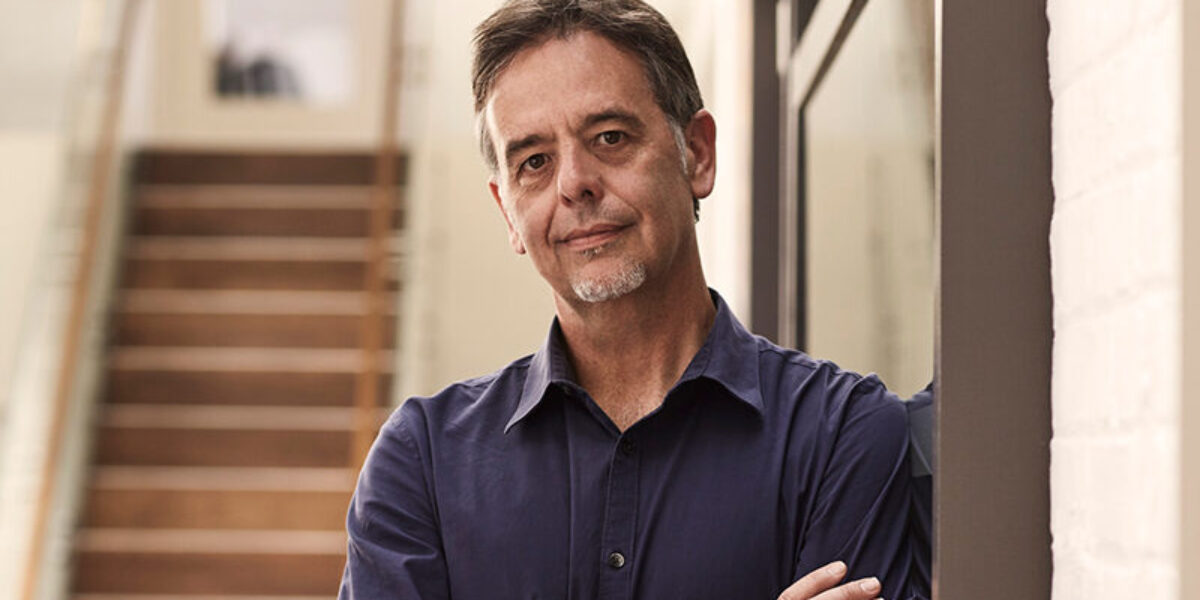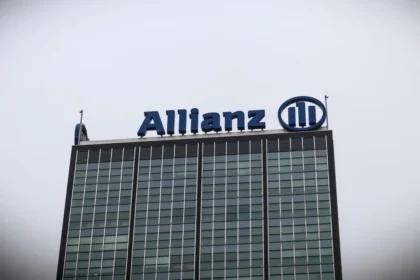Ron Deibert, director of Citizen Lab, a leading watchdog on government spyware abuses, is calling on cybersecurity professionals to step up and confront what he describes as a troubling convergence of technology and authoritarianism.
Deibert will deliver a keynote at the Black Hat cybersecurity conference in Las Vegas on Wednesday, one of the year’s largest gatherings of information security experts. Ahead of his talk, he told TechCrunch that he plans to address what he calls a “descent into a kind of fusion of tech and fascism,” with Big Tech platforms playing a dangerous role in fueling collective insecurity, an issue that cybersecurity experts have largely overlooked.
“This is a dramatic descent into authoritarianism, especially here in the U.S.,” Deibert said. “The cybersecurity community needs to be aware of what’s happening and ideally avoid enabling it or better yet, help push back against it.”
Historically, cybersecurity in the U.S. has often stayed apolitical. But recent political events have thrust the industry into the political spotlight. Earlier this year, former President Donald Trump ordered an investigation into Chris Krebs, the ex-director of the Cybersecurity and Infrastructure Security Agency (CISA), after Krebs publicly refuted Trump’s false claims of election fraud following the 2020 presidential race. Trump then fired Krebs via Twitter. The investigation forced Krebs to step down from SentinelOne, where he was CEO, though Krebs vowed to continue resisting political pressure.
Related: Trump’s Cyber Security Budget Cuts Spark Alarm in New York
Deibert’s call to action aligns with sentiments expressed by Jen Easterly, Krebs’ successor at CISA, who has urged the cybersecurity community to speak out against political interference. Easterly herself experienced political pushback when a planned appointment to West Point was abruptly rescinded earlier this year.
In his recently published book, Chasing Shadows: Cyber Espionage, Subversion, and the Global Fight for Democracy, Deibert stresses the urgency of recognizing a shifting landscape.
“Many security problems we once focused on now seem trivial compared to the larger insecurities that are growing as oversight and checks and balances erode,” he said.
Deibert also warned of potential setbacks from major tech companies like Meta, Google, and Apple, which could scale back their threat intelligence teams, specialized groups that track government-sponsored hackers and mercenary spyware firms like NSO Group and Paragon.
These teams have played key roles in detecting sophisticated spyware attacks, including when WhatsApp uncovered NSO Group hacking over 1,400 users in 2019, or when Apple alerted customers targeted by government spyware.
“There’s a massive market failure in cybersecurity for global civil society,” Deibert explained, noting that vulnerable populations cannot typically afford services from security firms that primarily serve governments and corporations. “As supporting institutions weaken and attacks on civil society increase, this failure will only worsen.”
He urged companies to contribute what they can, including pro bono work, to help protect liberal democracy worldwide.
While these threat intelligence teams have remained effective in part because they operate independently from their companies’ commercial divisions, Deibert questioned how sustainable that separation will be amid recent cutbacks to moderation and safety departments.
“Meta’s threat intelligence team is doing amazing work,” he said. “But the question is: how long will that last?”







